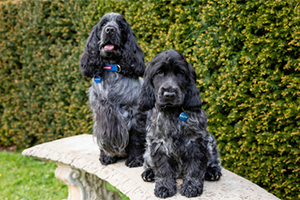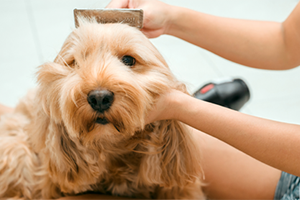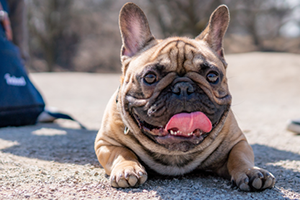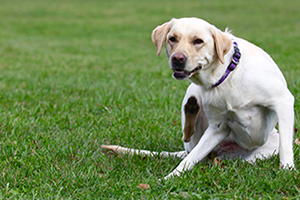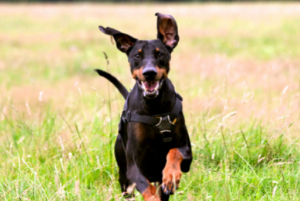
A little, lively, self-assured breed who’s bundles of fun
Vital stats
Swipe to view more
| Size: | Small |
| Coat: | Long-haired, low shedding, requires daily grooming |
| Exercise | 30 minutes a day |
| Life span: | 12+ years. Yorkshire Terriers are one of the longer-living breeds and can live into their late teens. |
| Breed group: | Terrier |
| Temperament: | Intelligent, independent, confident |
Yorkshire Terrier temperament & personality

Over the years, this breed was gradually miniaturised, first for their work as ratters and later to create a fashionable pet, however they still love to be part of the action.
- They’re more assertive and playful than their ‘companion’ status would suggest, but they still love to be around people.
- True to their terrier nature, Yorkies are fun, feisty, and love to chase!
- Better suited to families with older children, as young ones may accidentally to upset these small dogs.
- They are happy to live with other dogs and cats if introduced correctly from a young age, but should be watched around small pets as they are hardwired to chase.
Yorkshire Terrier training & exercise

Training tips
- Yorkies are naturally eager to please and will therefore learn quickly, although, like other toy breeds, they can be slow to housetrain.
- Good socialisation from early on will help to ensure they are used to unexpected events, such as busy environments and attention from young children.
Exercise
- It’s recommended for adult Yorkshire Terriers to exercise for 30 minutes a day. Adequate exercise will help to burn off energy in the right way, leaving them less prone to territorial behaviour and excessive barking, which are common dog behaviour problems in Yorkies.
Keeping them happy
- While they do have a dominant side to their personalities, good training will bring out their more sociable, affectionate traits.
- They thrive with physical and mental stimulation, enjoying indoor and outdoor games alongside their daily walks.
Common Yorkshire Terrier health conditions

Yorkshire Terrier grooming

Yorkshire Terriers have a long, silky coat that continues to grow, much like human hair. This means that while Yorkies don’t shed as much as other breeds, they do require a high level of grooming. Take a look at our advice page for tips on grooming your dog.
- Daily brushing can help to prevent matting of their long fur
- They will benefit from regular haircuts from a professional groomer who will be able to help you choose from a number of cuts and styles.
- Typically, long-haired Yorkies will sport a top knot to keep fur out of their eyes, while owners who prefer shorter hair go for a trimmed-all-over ‘puppy cut’.
Yorkshire Terrier nutrition

With the correct care and nutrition, Yorkies have a long life span. To keep your Yorkshire Terrier in good condition, vets recommend that you feed them a breed-appropriate, high-quality pet food two to three times a day.
- Stick to the portion sizes on the back of their pet food packaging, keeping their age and exercise levels in mind
- Including a dry food can also help fend off gum disease
Yorkshire Terriers frequently asked questions
Discover some of the most popular dog breeds
Yorkshire Terrier insurance considerations
We always offer these things as standard:
Physiotherapy & pet therapies
Along with physiotherapy, which is covered within the Vet Bills benefit, we also cover Pet Therapies like herbal medicine, homeopathy and acupuncture. You can also claim for hydrotherapy, up to £500 per illness/injury in dogs and cats (no additional limit for rabbits).
Petplan is a trading name of Pet Plan Limited (Registered in England No. 1282939) and Allianz Insurance plc (Registered in England No. 84638), Registered office: 57 Ladymead, Guildford, Surrey GU1 1DB.
Pet Plan Limited is authorised and regulated by the Financial Conduct Authority. Financial Services Register No. 311969. Allianz Insurance plc is authorised by the Prudential Regulation Authority and regulated by the Financial Conduct Authority and the Prudential Regulation Authority. Financial Services Register No. 121849. Pet Plan Limited is a subsidiary of Allianz Insurance plc.






































